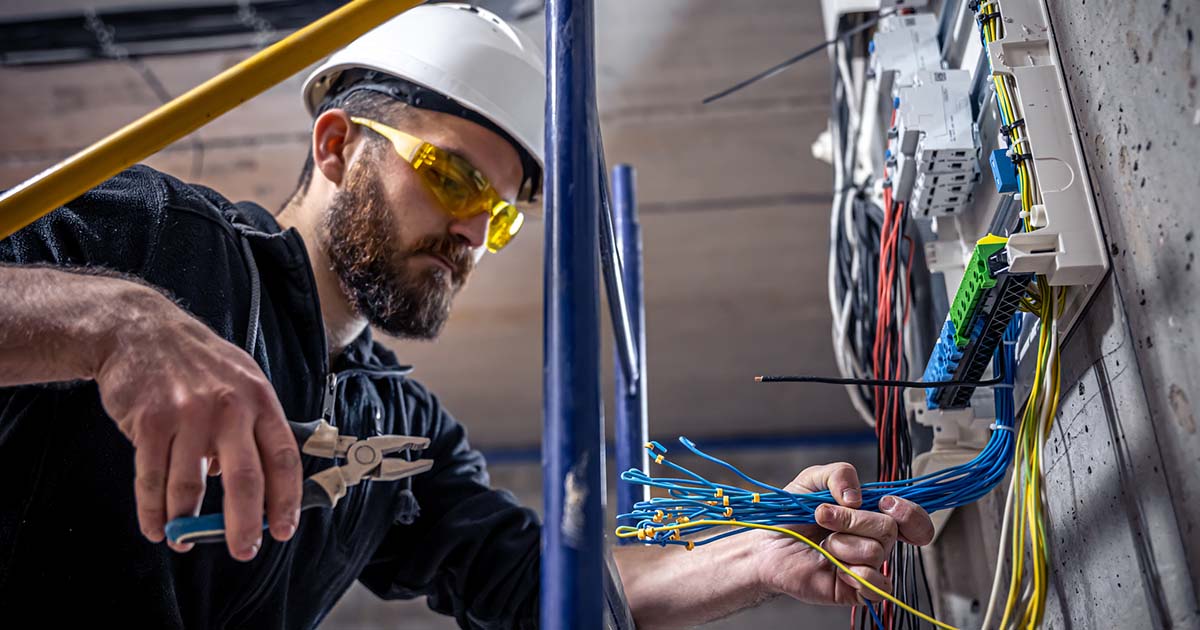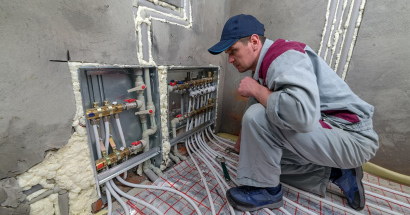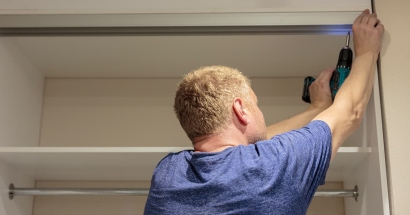
Insurance for Independent Contractors in Vancouver
Small business contractors and tradespeople can face a wide range of risks. An on-the-job accident can result in a costly liability lawsuit that your business may not be able to recover from financially. The most important type of insurance you need as an independent contractor in British Columbia is commercial general liability. If you were sued, commercial general liability insurance would cover the legal costs to defend the claim against your business in court, as well as costs to cover damages to compensate third parties.

What kind of risks does commercial general liability cover?
Commercial general liability covers risks such as:
- Injury to another person who is not your employee
- Damage to someone’s property
- Damage to rented property
- Medical bills if someone is injured
- Legal and settlement costs of liability lawsuits filed against you
- Liability lawsuits related to slander and libel
At a minimum, British Columbia contractors are required to have general liability insurance.

What factors will determine my policy?
It will depend on factors such as your type of contracting business, what projects you take on, how many employees you have, your location, your claims history, and how experienced you are.
Different types of contractors and tradepeople face different kinds of risks. Ask your insurance expert about a customized policy for you that covers the risks you face in your business.
Whether you are in Vancouver, Burnaby, Richmond, Surrey, Coquitlam, or Abbotsford, it’s recommended that British Columbia contractors buy a policy with up to $2 million of general liability coverage to protect your business. Make sure to speak to your insurance expert about the right amount of coverage to protect your business.

What other insurance coverages can I get as a contractor?
Commercial auto insurance
Any vehicles used by your business need to be covered by commercial auto insurance, including leased or rented vehicles and personal vehicles used by your or your employees for work. Your personal car insurance usually does not cover your work vehicles.
Commercial auto insurance covers medical fees, legal costs, and repair or replacement costs if your company's vehicles are involved in an accident. It also covers theft and vandalism.
Tools and Equipment Insurance
Plumbers, electricians, roofers, welders, and carpenters, to name a few, should have Tools and Equipment insurance. This type of insurance provides financial protection for any transportable tools or equipment that contractors use to complete their work projects.
Tools and Equipment Insurance can provide reimbursement to repair or replace tools if they are lost, damaged, or stolen. Insured events apply to tools and equipment that are vandalized, stolen, lost, or damaged by fire or flood.
Any item valued at less than $1,500 is considered a tool. Anything valued above $1,500 is considered equipment.
Commercial Property Insurance
Whether you rent or own your business location, Commercial Property insurance can provide financial coverage for physical loss, such as a fire, or damage to your business property and its contents.
Builder’s risk insurance
Builder’s risk insurance covers construction projects during construction and protects them from damage and property loss. This type of insurance covers damage to the unfinished construction project by high-speed winds, flood, extreme weather, theft, and vandalism. It also covers tools and equipment.

What is a general surety bond?
When you accept a job, you are obligated to complete it. A surety bond, or contractor bond, will pay your customer if your business does not complete a job. You can obtain a surety bond for a specified amount from your Western insurance business expert.
Insurance plays a crucial role in supporting contractors in Vancouver by providing various types of coverage that mitigate risks and protect their businesses.
By having the right insurance coverage, contractors in Vancouver can protect their businesses from significant financial losses, enhance their credibility, and ensure they meet legal and contractual requirements.
Need your Certificate of Insurance (COI) fast?
Some projects may require you to provide a certificate of insurance (COI). A certificate of insurance is issued by an insurance broker or company, and it shows that you have business
insurance. It is a summary or snapshot of your insurance policy, and it contains all the most important details, helping protect against third-party risk. Customers, businesses, or
independent contractors could ask to see proof of insurance before they agree to work with you. If the work you do has a high risk of loss or damage, you should have a certificate of
insurance.
When you get your insurance coverage through us, we will send you the certificate of insurance right away, so you can focus on what you do best.
Insurance for Pipefitters
Your job as a pipefitting contractor comes with risks. You work with welding torches, saws, and other heavy equipment to resize and solder pipes. Pipefitters contractor insurance protects you in the case of an accident or legal claim.
Pipefitting contractors in Vancouver, or elsewhere in British Columbia need a package of different types of insurance combined into one policy known as pipefitting contractor insurance.
Insurance for Cabinet Makers
Professionally designed and installed cabinets are critical to your cabinet making business. You’re known for your different styles, materials, storage solutions, and decorative accents. Your residential and business customers expect nothing less than perfection.
Cabinet makers, though, face risks. Improperly installed cabinets, an incorrect colour scheme, or a project delivered over budget can result in lawsuits and a tarnished reputation. You need cabinet making insurance to protect your business.
Insurance for Arborists
You cut and trim trees, shrubs, and plants to help keep our properties maintained. Your work can be dangerous and there is always the risk of accidents and injuries.
Arborist insurance will protect your business whether you run a large tree service company or you are an independent arborist.





